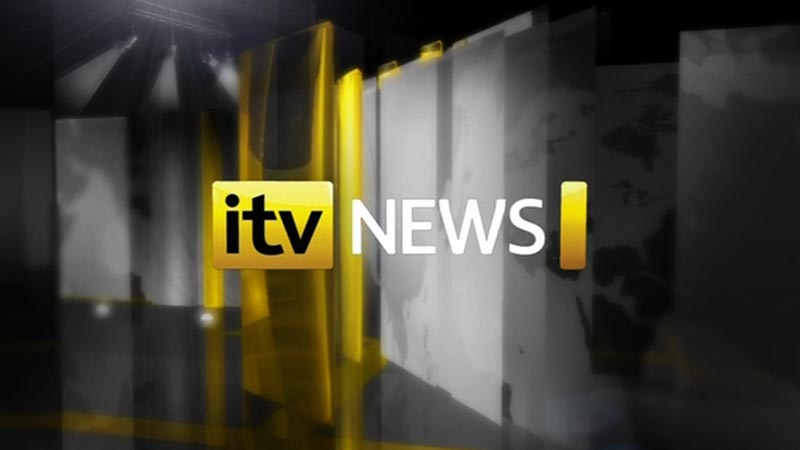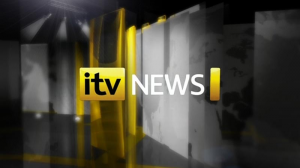Elizabeth Davies is a freelance journalist and recent graduate of Emmanuel College, Cambridge. She reviews the first of the Leaders’ Debates and asks: can the format engage young, first time voters? This post is also featured on her blog.
The BBC grandiosely declared Thursday 15 May to be “the day the skies went quiet”. It was not, unfortunately, because the entire population was glued to ITV’s broadcast of the first of the Leaders’ Debates. It was because a great plume of plane-endangering volcanic ash was infiltrating our airspace, just at a time when news organisations were doing their best to provide audiences with nothing but wall-to-wall debate ‘preview’ pieces.
I was not glued to my television, but only because I don’t have one. Like a significant fraction of the population – a fraction dominated by young first-time voters like myself – I chose to watch the debate online. Unfortunately the quality of ITV’s live stream made it difficult to remain captivated for long. It’s one thing to engage with social media to encourage meaningful online discussion, but quite another to slap so many cursory widgets on the page that no-one is able to load anything.
I’m not a great case study for a first-time voter, merely because I am such a political geek that I watched all of the US presidential primary debates live online back in those days before anyone had heard of Sarah Palin. That does, however, make me something of an expert in pre-election debates.
Last month, following BBC Three’s First Time Voters’ Question Time, I suggested that the Leaders’ Debates were the kind of media spectacle needed to engage young voters in the political process. On that front, ITV failed spectacularly.
Alastair Stewart was a poor choice of moderator, too little known among the country’s young voters to really fire them up. The studio, along with David Cameron, looked like it would drag us back to the 1980s, and the directing suggested one of the cameramen was frequently having a kind of spasm.
Those visual things matter, superficial as they are, because they make the difference in the split second that someone decides to check out what’s happening rather than flicking over to a Friends re-run. That difference is particularly pronounced when you’re trying to engage those who’ve never had the opportunity to vote before; those who are registered in record low numbers and who might proudly attest to not being interested in politics because it’s boring.
Aside from the lack of glamour, the format was a failure. The questions selected for the debate were insipid, formulaic and, frankly, boring. David Cameron told ITN that he worried the debates would be “slow and sluggish”. Never one to fail to deliver on a promise, Cameron himself ensured the debate was both slow and sluggish by displaying almost no personality whatsoever. Gordon Brown performed much better than I expected, but Ipsos Mori’s ‘worm’ showed dial groups just don’t warm to what he’s saying.
It was Nick Clegg’s debate, and the snap polls seem to back that up. He came across largely as a normal human being – impassioned, but not in a fake politician-type way, and as someone whose own frustrations with the current political situation reflected those of the electorate. It is plausible that a significant number of voters who claimed previously to be “undecided” will now be telling the pollsters they’re climbing into the Lib Dem camp. But if the remaining debates are similar to the first, how many of those will be 18 to 25 year olds?


